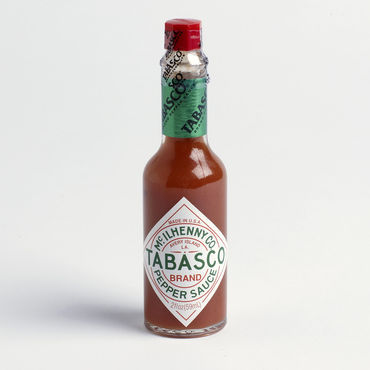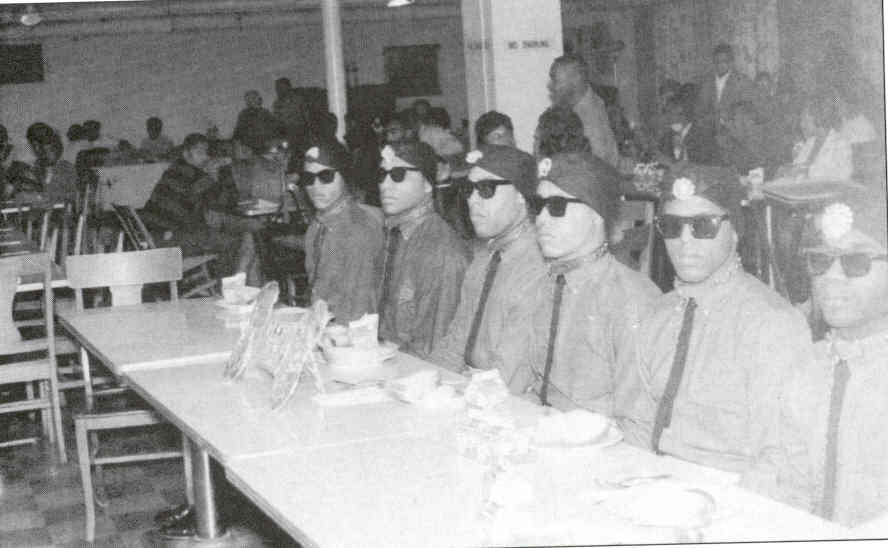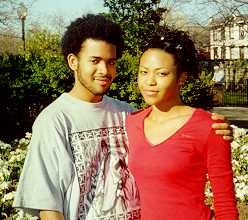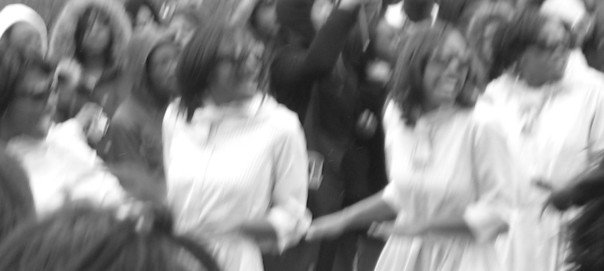That title was pretty harsh, right? I’m sorry.
I just read a blog entry from Troy, the founder and webmaster of AALBC. He reports that there are only 54 black-owned bookstores left in America, about half of the amount existing in 2012. There are many reasons cited and I suppose they are fair.
I really should be quite sad that the number of black-owned bookstores in this country is dwindling. But I am not. I am an indie author who knows how to reach my market. I have opted out of the system which requires agents, major publishing houses, and major distributors. In fact, the disappearing black bookstore just might be a symptom of success for the indie black authors who have discovered the companies who do right by us.
I have two quick stories:
When I first published Lazarus (which you should buy there or on Amazon), I got linked up with an African American book distributor. I can’t remember their names, but I remember they were the only black distributor listed in some book I read for aspiring authors. Long story short, I sent them a box of my books and never saw a single dime. That was over $300 dollars of merchandise they just… took. Emails bounced, phone disconnected. It was a classic con and I fell for it, much like many other authors, I’m sure.
So my book never made it to most book stores. Which is fine because Lazarus did very well for a book in limited availability. I knew how and where to market the book and I got a few paid speaking engagements based on its success as well.
All this without traditional bookstores and with Amazon and direct sales through my website.
But aside from the distribution scam, I want to talk about the few independent bookstores I did work with: One gay bookstore and one black bookstore.
Lambda Rising Books in DC (which has since closed) was a great bookstore. A young gay man like me would have never thought so many books had ever been written about the gay experience. And they had a whole section for black gay books as well! They kept Lazarus in stock. They would call me personally when they ran out, to the point where I couldn’t keep up with the demand. I loved them for that. Honestly, I was afraid that the book would just collect dust on their shelves because I wasn’t convinced black gay people were patronizing gay bookstores in large numbers. I was wrong.
There was another bookstore in DC, a chain store actually. You know the name but I will not say it. I wanted so badly to be included in this store. If your book was in this black bookstore, you had really made it. I followed all their procedures to be included to the letter. Sent them a copy of the book. Nothing. No response.
And of course you think to yourself what the hell man, I am black and this is a book, why wouldn’t they carry my book?
I felt bad, but I moved on.
A year or so later, the Federal City Alumnae Chapter of Delta Sigma Theta Sorority, Inc., invited me to participate in their emerging authors event. Nikki Giovanni was the headliner that year and the black bookstore I mentioned was the official vendor. They sold Nikki’s books upstairs, along with other products, and the indie authors were downstairs.
So I got my picture with Nikki and we chit-chatted about my book. So she says “Why aren’t they carrying your book?” and I’m like “I don’t know, I submitted it for their review and didn’t hear back.”
So she basically beckons the owner over to us and says “Excuse me, I understand you’re not carrying this young man’s book?”
And he’s all incredulous like “What you you mean we’re not carrying it?”
And by this point I’m all smug because Nikki Giovanni is literally advocating for my inclusion in this bookstore right in front of me!
So, I guess to avoid a scene, the dude is like “Well all he has to do is send up a book and we will get that process going!”
I say “Yes, I did that, but I will do it again.”
So I thanked Nikki Giovanni and got on with life. I sent the bookstore all the same materials and another book and patiently waited.
No response. Again. They played the hell out of me and lied to Nikki Giovanni.
If you’ve read this far, you might be wondering why I am still holding on to this. It’s because black gay authors have, for years, been treated like shit by straight black bookstore owners, to the point where I don’t even attempt to work with them.
And when I heard that the bookstore in this story closed, I had but one response:
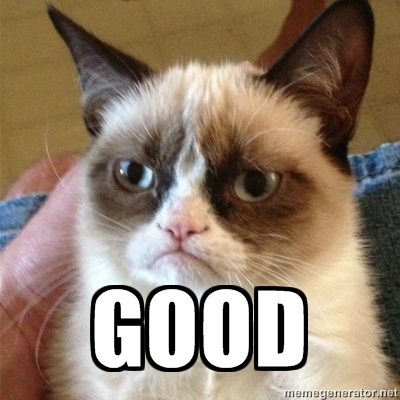
When Lambda Rising closed, of course I was in mourning for weeks, but I ultimately knew that whether one is a fan of black bookstores or gay bookstores, the same books on the shelves are available on Amazon and through the author’s websites. And a very large number are available on e-readers.
Of course, there are some good black bookstores and I support them regularly, including (and especially) Children of the Sun and Sankofa Books, all within a stone’s throw of Howard University in DC, which itself has a very nice bookstore. I will continue to support those places because I make pretty good discoveries there. But I know that I need to remain personally vigilant when it comes to getting book recommendations, paying attention to my Amazon recommendations as well as my friends and family who know my tastes.
The way authors get our books to our readers has changed and is changing. There will always be bookstores, though not in large numbers. And there will always be libraries, where they are in the community, in our homes, or on our devices.
I just can’t get behind the closing of black-owned bookstores as a crisis when it’s not impacting my readers’ ability to find my books.
